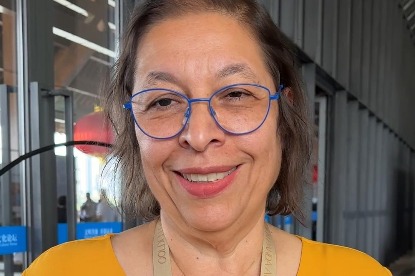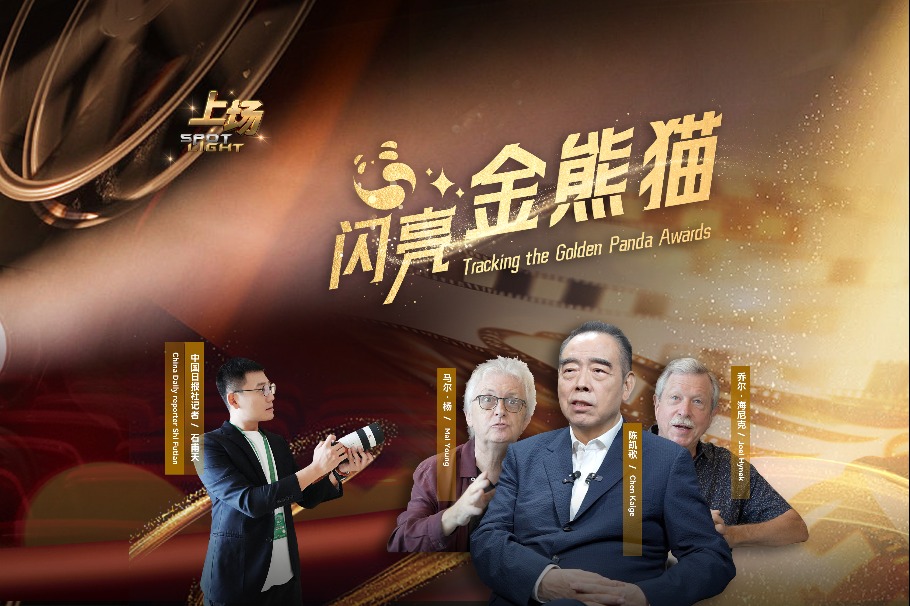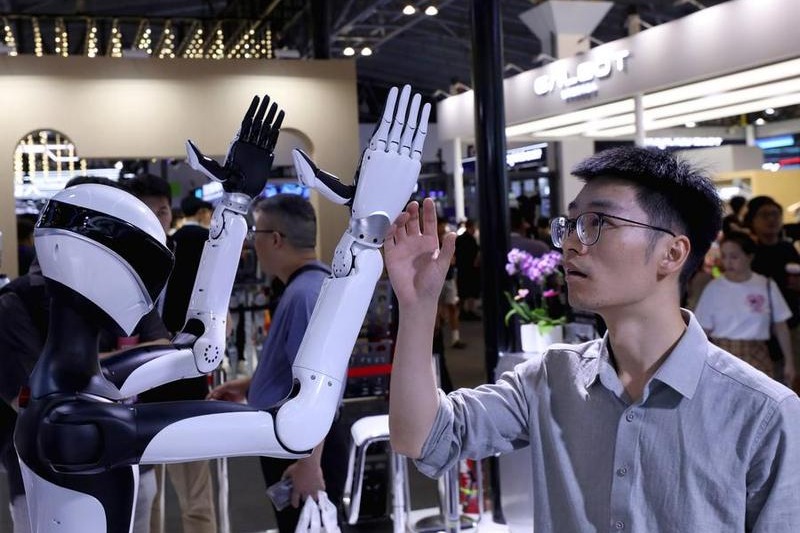China-French ties moving from strength to strength


To understand the transformation of the Chinese economic model and its scope, you should visit the China International Import Expo (CIIE). This is the second year of this new major economic event dedicated to imports. By 2018, the CIIE caused a sensation by signing contracts totaling $57.83 billion, almost as much as the famous Canton Fair, which recorded deals worth $59.9 billion, and welcomed 800,000 visitors. The CIIE is therefore not just a meeting place where the world's leading countries, each with its own national pavilion, meet the Chinese business community and political leaders. The CIIE is one of the global events that embodies the opening of the new China. The presence of French President Emmanuel Macron at the 2019 CIIE, at the invitation of President Xi Jinping, is a perfect illustration of this.
A major international event
Led by the LVMH group, with a 350 sq m luxury zone for the first time, French entrepreneurs have high hopes for the prospects offered by the CIIE to penetrate the Chinese domestic market.
An event like the CIIE, which is able to put foreign startups in direct contact with Chinese partners and investors, is a powerful argument. The presence of Xi Jinping and Emmanuel Macron is also an undeniable asset that proves the importance of the 2019 CIIE.
In just one year, the CIIE has already become a major event in China. Far from being a mere epiphenomenon of economic life, the CIIE excites the hopes of French participants and observers to bring into China not only French products and services but also concepts such as the French startup incubator Station F and the high-tech Vivatech exhibition in Paris. Macron's visit to the second edition of the CIIE could be part of the French president's plan to strengthen France's image as a "startup nation" and to develop new partnerships between Chinese and French companies.
The new Chinese economic model
In terms of development, the CIIE marks an inflection and diversification of China's economic internationalization strategy, which no longer focuses solely on the conquest of foreign markets by Chinese companies but now integrates the Chinese domestic market.
This domestic market is still largely under-explored by foreign companies, while demand for quality consumer goods and the Chinese population's demands for increased well-being are booming. Despite its highest savings rate in the world, reaching 45%, the younger generation in China is in search of a new way of life, which has changed almost overnight.
That said, the strategic model of French companies in China is no longer that of imports directly from France, but rather that of their establishment on Chinese soil: developing and producing services on Chinese soil for local markets and no longer for foreign markets.
The CIIE is therefore not a mere channel for importing goods from abroad. The event allows foreign companies to adapt to quality and performance standards, and to adjust their offer in terms of services and innovation in China. The latter is precisely the central point for the successful development of the activities of foreign and French companies in the Chinese domestic market, whether in the form of "open innovation", "corporate innovation" or "co-innovation".
The other important message conveyed by the CIIE is that of transparency and China's firm commitment to carry out the reforms that are expected to improve the country's economic governance, much awaited by the foreign business community. Thus, the CIIE sends a positive signal to foreign entrepreneurs regarding the acceleration of the reduction of industrial overcapacity, the strengthening of the financial system, the intensification of the environmental approach and, in general, the transformation of the Chinese economic model.
A deepened China-France trust
Finally, the CIIE exhibition seems to be perceived by Macron as a tool of French diplomacy to overcome a certain thaw in cooperation with China. Macron's visit is therefore part of a broader project whose objective is to introduce a fluid cooperation capable of strengthening both the exchange of know-how of everyone in the fields of health, artificial intelligence, tourism, cosmetics, etc. This fluid cooperation also applies to strengthening the precious bonds of friendship between China and France.
In the time following the end of the 2019 CIIE, Macron's visit will undoubtedly make it possible to propose a renewed global approach to cooperation between China and France in the service, health and artificial intelligence industries. This call could concern the creation of an ecosystem based on a Chinese-French economic cooperation policy driven by sustainable development, innovation and intellectual property. This ecosystem would also make it possible to propose innovative political solutions to global problems, some of which are already agreed between China and France, such as the fight against climate change.
The presence of the Chinese and French presidents at the 2019 CIIE is not simply limited to economic exchanges. It is also a question of the two leaders reaching a new level of trust between China and France in the preparatory discussions on WTO reform. Indeed, the CIIE 2019 also serves as a framework for drawing future features of the international order in the era of multilateralism, which can only be guaranteed by responsible countries.
The interweaving of all these different issues, concentrated in the single CIIE event, shows once again that the world of the 21st century is no longer only globalized, it is above all in the process of multi-polarization with the rise of cultural differences, which are all new standards to be understood in terms of production, innovation and politics for both multinationals and governments. Far from being an obstacle, these cultural differences must be analyzed as one of the vectors capable of unlocking the full growth potential of the various economies in the world for developed and developing countries through Chinese consumption. In short, the 2019 CIIE embodies, at all levels, the win-win situation.
The author is research fellow in international relations at Paris 10 University.
The views don't necessarily represent those of China Daily.


































